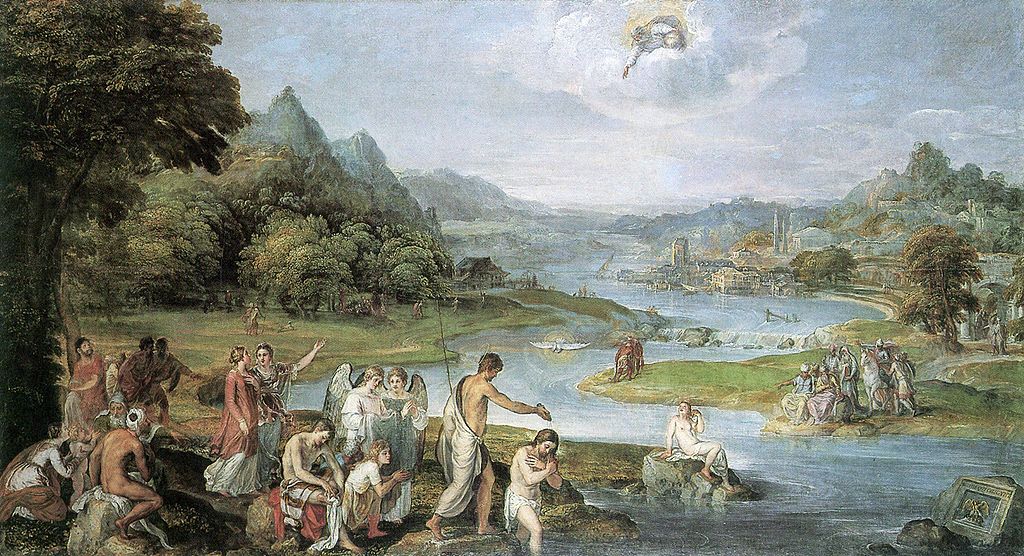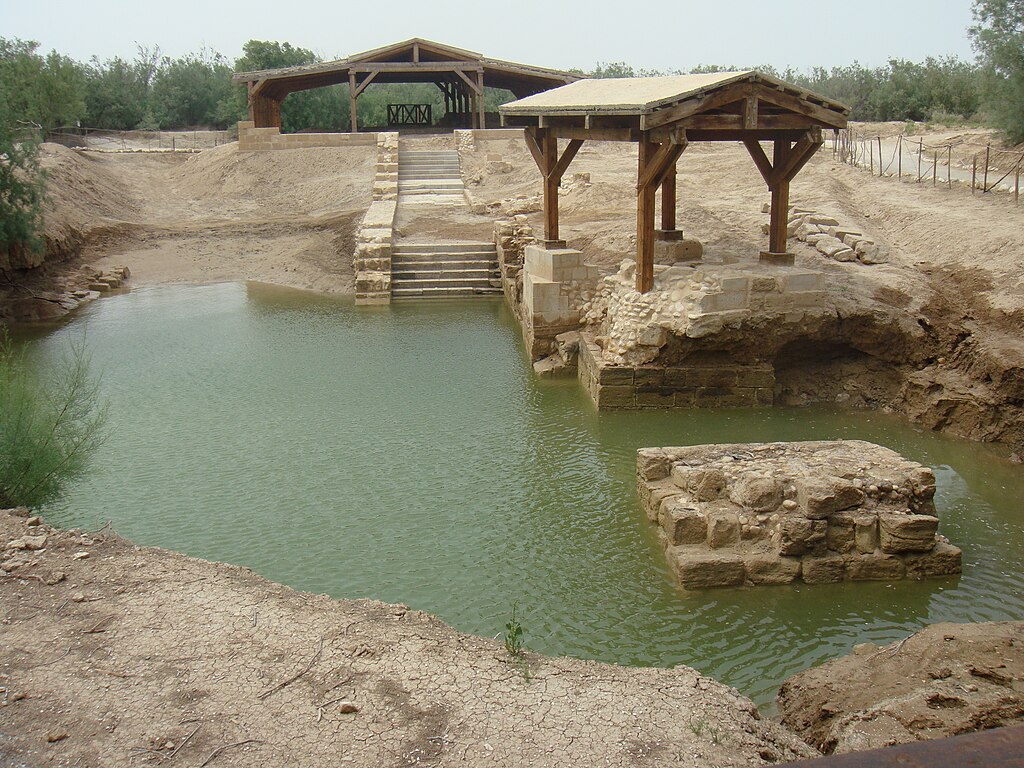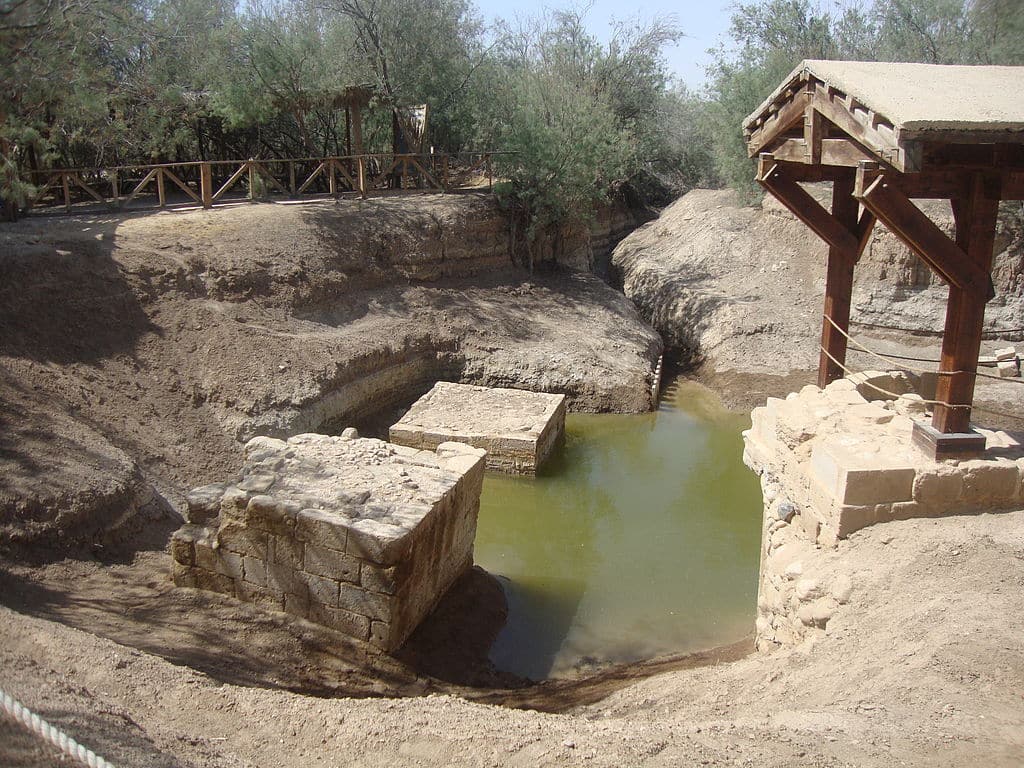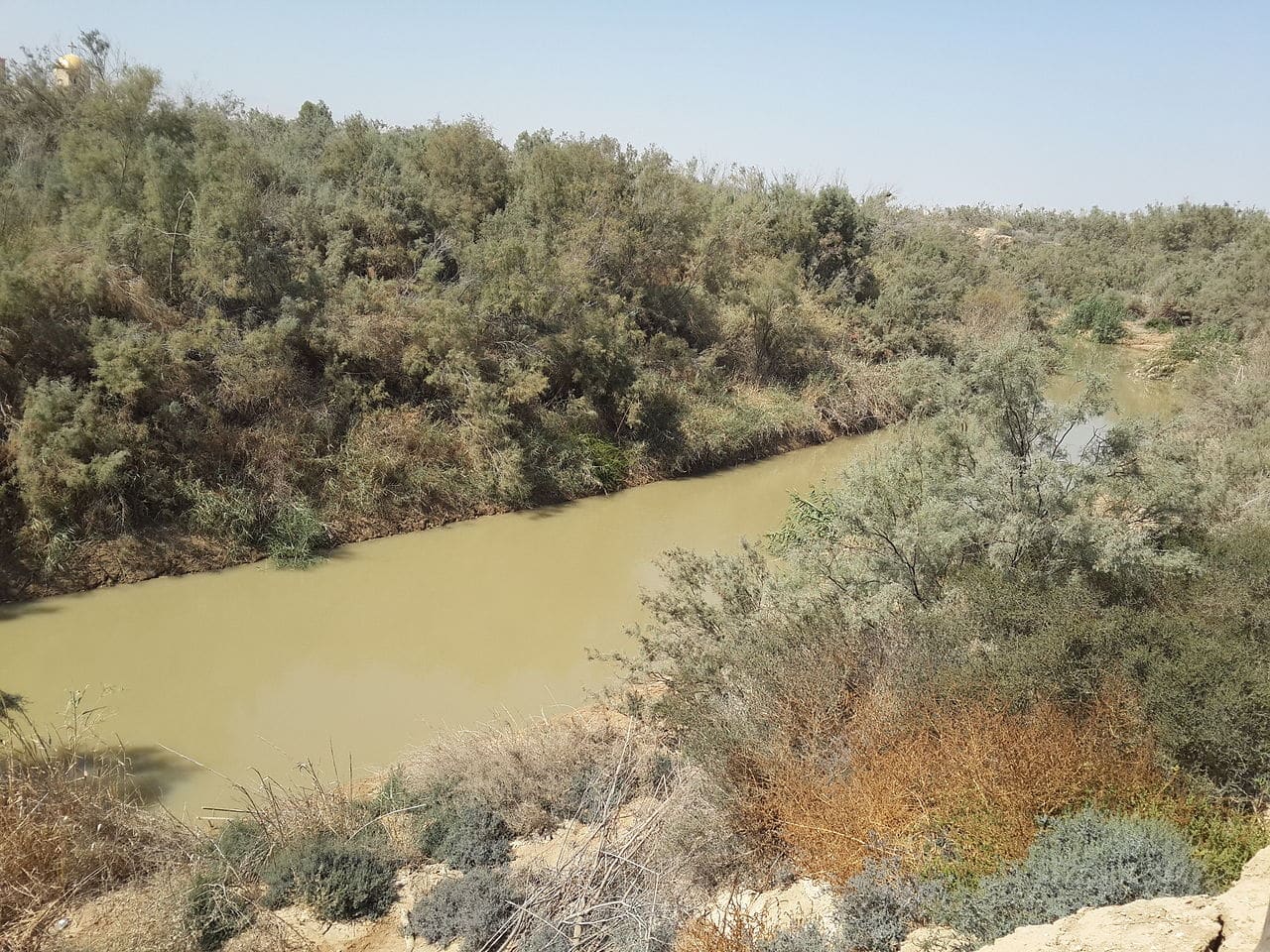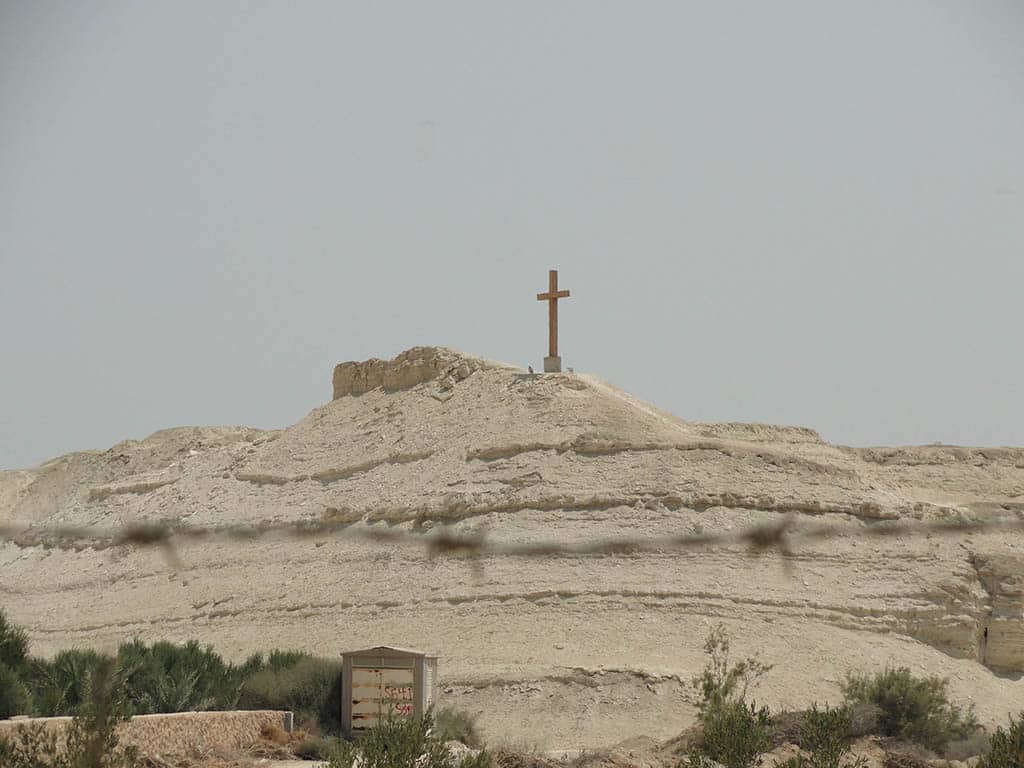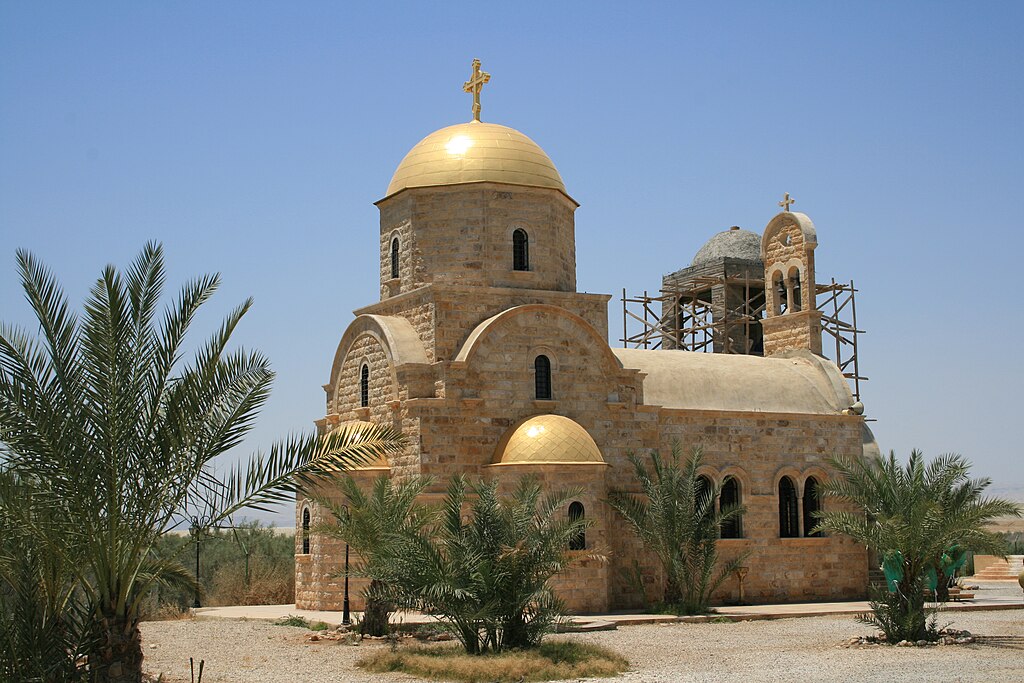Neapolis
Carousel of images for this Bible Exhibit
Listen to this Bible Exhibit
Neapolis, meaning New City in Greek, was a significant seaport in the ancient world. Located on the northern shore of the Aegean Sea, on a stretch of land between two bays, it served as the primary harbor for Philippi, a city about ten miles inland. Today, Neapolis is identified with the modern Greek town of Kavalla. Its strategic location made it an important center for trade and military activity throughout history.
Originally, Neapolis belonged to Thrace before becoming part of the Athenian Confederacy and later the Roman province of Macedonia. The city played a role in the famous Battle of Philippi in 42 BC when the fleet of Brutus and Cassius used its harbor. Its importance continued into the early Christian period, as it became the gateway for the gospel’s expansion into Europe.
The most notable biblical event associated with Neapolis is the arrival of the apostle Paul on his second missionary journey. In response to a vision in which a man from Macedonia pleaded for help, Paul and his companions, including Luke, sailed from Troas, stopped briefly at Samothrace, and then arrived at Neapolis Acts 16:9-11. This marked the first recorded entry of the gospel into Europe. From Neapolis, Paul traveled to Philippi, where he preached, baptized Lydia, cast out a spirit from a slave girl, and was imprisoned before experiencing a miraculous release Acts 16:12-40.
Paul likely passed through Neapolis again on his third missionary journey when he traveled through Macedonia Acts 20:1. He also would have embarked from there on his final journey to Troas Acts 20:6. The Egnatian Way, a major Roman road connecting the Adriatic Sea to Byzantium, began at Neapolis, making it a natural transit point for travelers and missionaries spreading the gospel.
In later centuries, Neapolis became known as Christopolis, reflecting its Christian heritage. Archaeological evidence, including the remains of a Roman aqueduct and inscriptions, confirms its historical and biblical significance. The city’s connection to Paul’s missionary work highlights its role in expanding Christianity. Neapolis was more than a mere port; it was where Paul first stepped onto European soil, bringing the message of Jesus Christ to a new continent.





